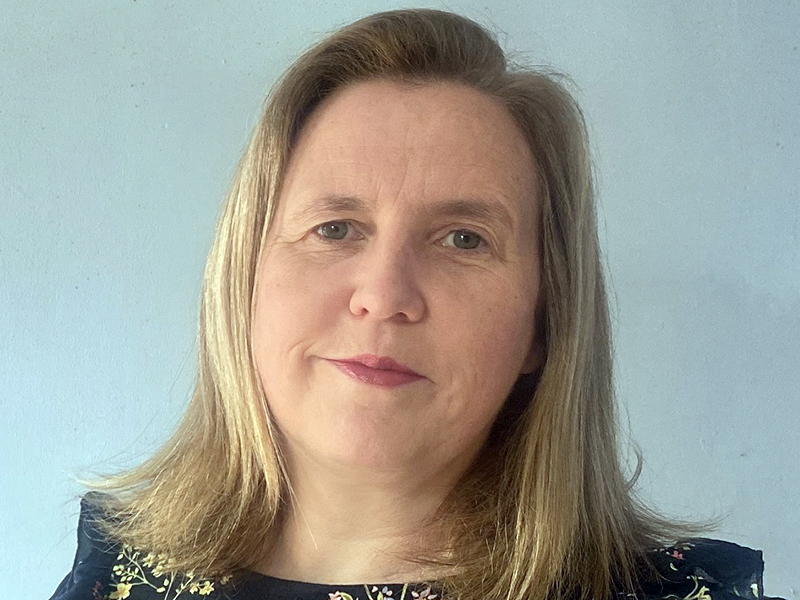Volunteers are often the lifeblood of creative groups, but if you don’t take care of them even the most devoted will head for the door, writes Kelly Donaldson
When Sara went along to her local amateur theatre, she had time on her hands and a desire to feel part of something.
With no wish to perform, she hoped to volunteer backstage - which, as anyone in an amateur dramatics company will tell you, is an absolute gift as most people want to act. Sara was set to work, sewing mouse tails on costumes for the upcoming panto and painting the set. But when, during her second visit she ran out of tasks, Sara approached a committee member to ask for advice.
She was met with an eye roll, exasperated sigh, and a mimicking voice implying she was a small child looking for teacher to tell her what to do. Utterly lost and humiliated, Sara went home and never returned. The theatre lost a potentially valuable volunteer who could have spent years with the company, and Sara (a recent widow) was denied the opportunity to feel part of her local community.
Across Scotland, volunteers play a valuable role in creative groups of all shapes, sizes and genres. From craft groups to dance troupes, choirs to photography clubs, people give up their time to help with every aspect of the organisation, as well as participating in the creative activity themselves.
They book premises, buy materials, make tea, update social media, sell tickets, plan sessions and much, much more. Larger organisations may have a paid volunteer coordinator, but many groups rely on volunteers to look after each other, which isn’t always easy. Ensuring everyone is thanked, that their input is valued, and that burnout is avoided, can be a struggle for smaller groups.
That’s why Creative Lives is currently working on a new Volunteering in the Arts toolkit, with tips and ideas for ensuring volunteers feel welcomed, informed, supported and appreciated. If Sara had been given clear instructions during her first few visits, and empowered to ask for help, she could have gone on to become a regular helper. Instead, she volunteered elsewhere (the local hospital shop was much friendlier) and the theatre lost out.
But even friendly groups can sometimes feel off-putting when you first go along, if you don’t know what’s expected of you, what to do and who to ask. So we’re also putting together a ‘Welcoming newcomers to your creative group’ resource, encouraging groups to remove as many barriers as possible for newcomers.
After supporting and advocating for the amateur creative community for over 30 years, Creative Lives knows a thing or two about running a creative group. But we’re always on the lookout for good ideas and lived examples.
We know from our recent research, the Creative Lives Monitor 2025, that many local groups are struggling to convert creative participants into committed volunteers. So we’re currently asking creative groups to send us their stories of welcoming, looking after and (crucially) retaining volunteers. We’ll use all the good examples in our toolkit to help others - and we’ll give a £250 micro-grant to our favourite (deadline: 30 September).
To find out more, visit www.creative-lives.org/how-do-you-look-after-your-volunteers - and stay informed about our new toolkits by signing up for our monthly newsletter on our home page.
Kelly Donaldson is editor at Creative Lives
Main image: Volunteers at St Magnus Festival in Orkney.







